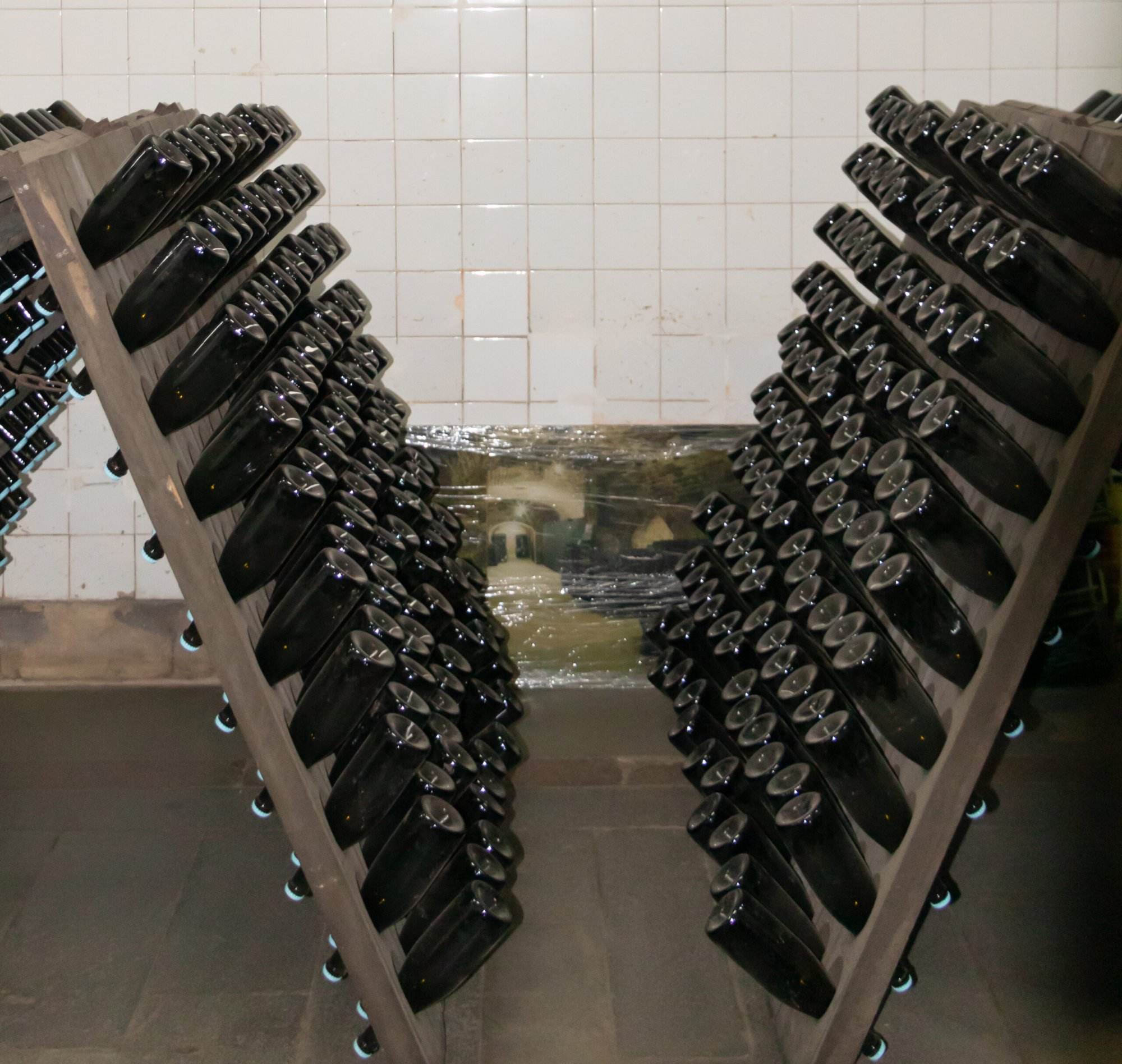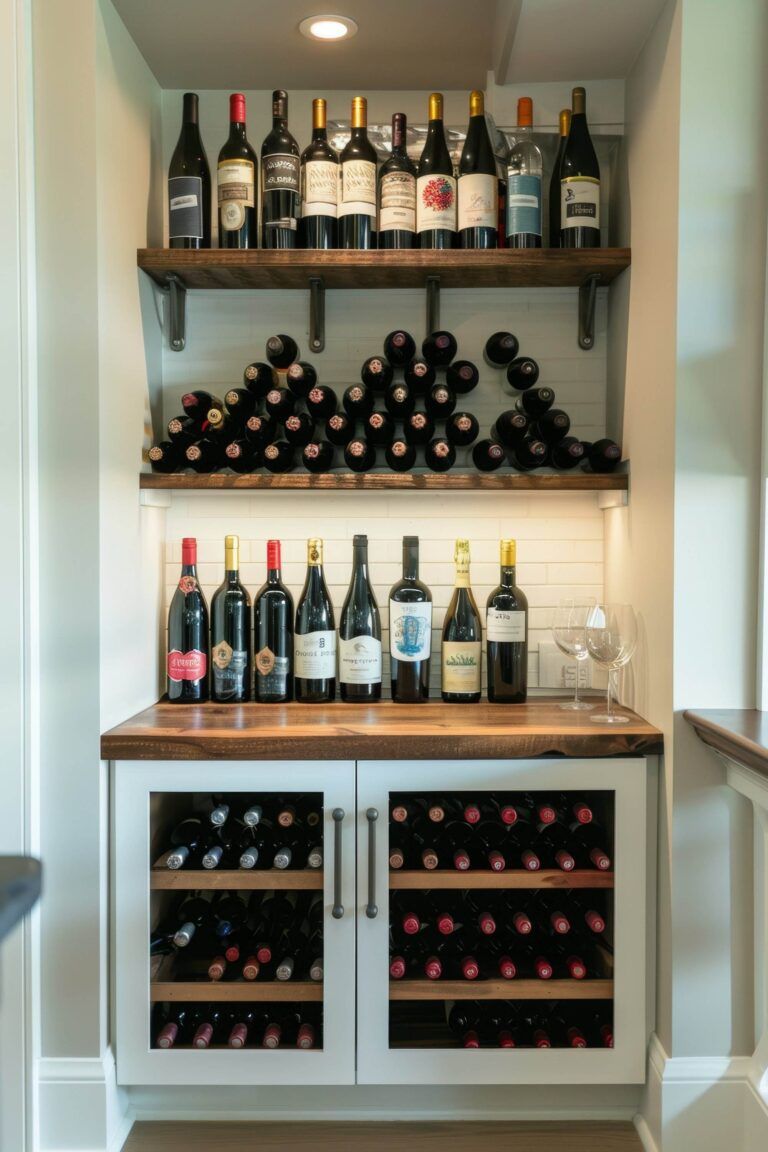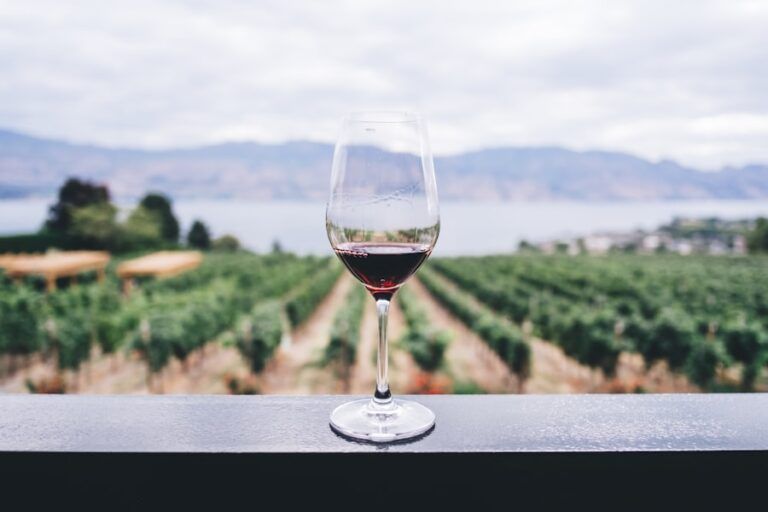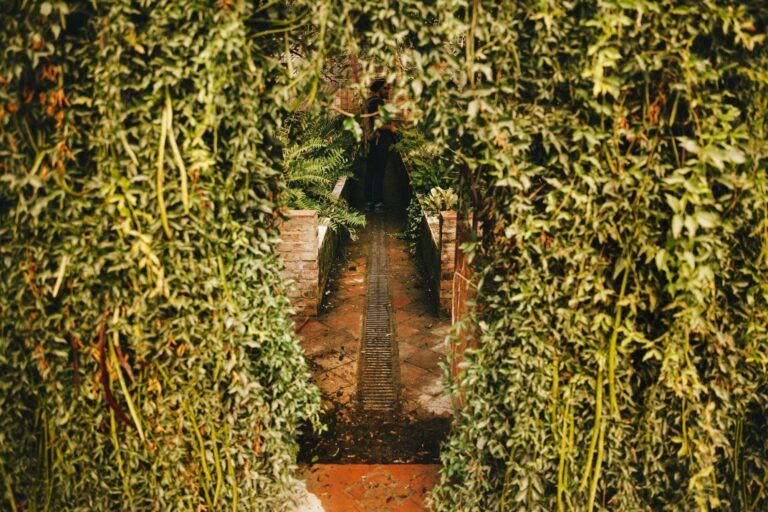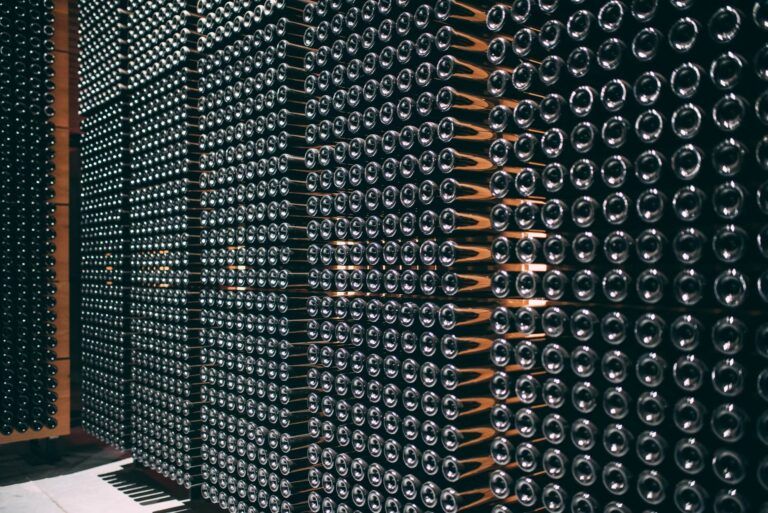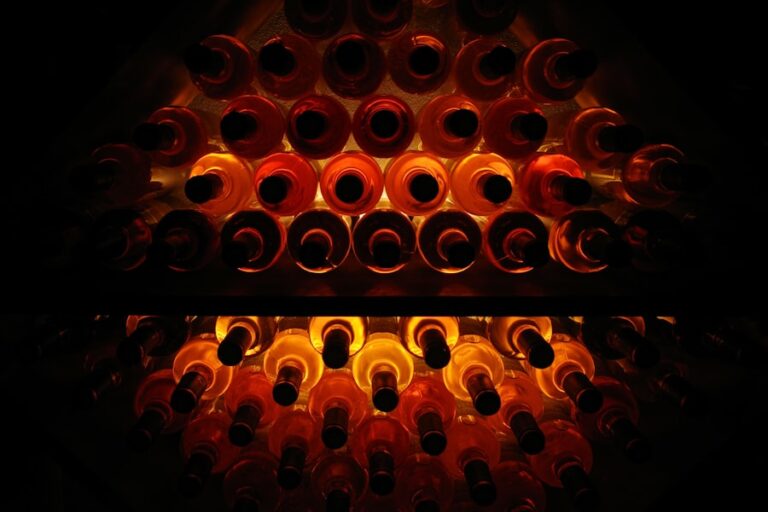Why DIY Wine Cellars Often Fall Short in Napa—and How to Avoid Mistakes
The Napa Valley, renowned for its picturesque vineyards and world-class wineries, has become a haven for wine enthusiasts. The allure of creating a DIY wine cellar in this idyllic setting is undeniable. Many homeowners are drawn to the idea of crafting a personal sanctuary where they can store their prized wine collections while also showcasing their passion for oenology.
The charm of a DIY project lies in the ability to customize every aspect, from the design to the materials used, allowing individuals to create a space that reflects their unique tastes and preferences. Moreover, the process of building a wine cellar can be incredibly rewarding. It offers an opportunity for creativity and self-expression, as well as a chance to learn about the intricacies of wine storage.
For many, the journey of selecting the right racks, choosing the perfect lighting, and even deciding on the ideal temperature control system becomes an exciting adventure. The satisfaction derived from completing such a project can be profound, especially when it culminates in a beautiful and functional space that enhances the enjoyment of wine.
Key Takeaways
- DIY wine cellars in Napa offer a unique allure for wine enthusiasts looking to create their own storage space.
- Common mistakes in DIY wine cellars include improper insulation, inadequate climate control, and poor storage organization.
- Proper insulation and climate control are crucial for maintaining the quality of wine in a cellar, as temperature and humidity fluctuations can negatively impact the aging process.
- Incorrect storage conditions can lead to wine spoilage, loss of flavor, and diminished quality, highlighting the importance of proper cellar construction and maintenance.
- Professional design and construction are essential for creating a successful wine cellar, ensuring proper insulation, climate control, and storage organization to preserve wine quality.
- To avoid mistakes and ensure a successful wine cellar, it is important to consult with experts and invest in professional design and construction services.
- Consulting with experts in Napa wine cellar construction can provide valuable insights and guidance for creating a high-quality, long-lasting storage space for wine enthusiasts.
- Investing in a professionally built wine cellar offers long-term value, preserving the quality and value of wine collections while enhancing the overall enjoyment of the wine experience.
Common mistakes made in DIY wine cellars
While the idea of a DIY wine cellar is enticing, it is essential to recognize that many enthusiasts fall prey to common pitfalls during the construction process. One prevalent mistake is underestimating the importance of proper planning. Without a well-thought-out design, homeowners may find themselves with a space that is not only aesthetically unpleasing but also impractical for storing wine.
This can lead to issues such as inadequate storage capacity or poor accessibility, ultimately detracting from the overall experience of enjoying one’s collection. Another frequent error is neglecting to consider the specific needs of wine storage. Many DIYers overlook factors such as humidity levels, temperature fluctuations, and light exposure, which can significantly impact the quality of the wine over time.
For instance, placing a wine cellar in an area that experiences extreme temperature changes can lead to spoilage or premature aging of the bottles. Additionally, using materials that are not conducive to maintaining a stable environment can result in costly damage to the collection. These oversights can turn what was meant to be a labor of love into a source of frustration and disappointment.
The importance of proper insulation and climate control

Proper insulation and climate control are critical components of any successful wine cellar. Wine is a delicate product that requires specific conditions to maintain its quality and flavor profile. Insulation plays a vital role in regulating temperature and humidity levels within the cellar, ensuring that they remain consistent and conducive to long-term storage.
Without adequate insulation, external temperature fluctuations can seep into the cellar, leading to an unstable environment that can compromise the integrity of the wine. Climate control systems are equally important in maintaining optimal conditions for wine storage. A well-designed wine cellar should include temperature and humidity monitoring systems that allow for precise adjustments as needed.
Ideally, the temperature should be kept between 55°F and 58°F, while humidity levels should hover around 60% to 70%. These parameters help prevent corks from drying out or becoming too moist, both of which can negatively affect the wine’s quality. Investing in proper insulation and climate control not only protects the collection but also enhances the overall enjoyment of wine.
The impact of incorrect storage on wine quality
Incorrect storage can have devastating effects on wine quality, often leading to irreversible damage. When wine is stored improperly, it can undergo chemical changes that alter its flavor profile and aroma. For example, exposure to excessive light can cause wines to develop off-flavors, while fluctuations in temperature can lead to premature aging or spoilage.
Additionally, storing bottles upright instead of horizontally can dry out corks, allowing air to seep into the bottle and oxidize the wine. The consequences of poor storage practices extend beyond just individual bottles; they can affect entire collections. A single bottle that has been compromised can taint neighboring bottles, leading to a cascading effect that diminishes the overall quality of the collection.
For serious collectors, this is a significant concern, as it not only impacts their investment but also their enjoyment of the wines they have carefully curated over time. Understanding the importance of proper storage techniques is essential for anyone looking to preserve their collection’s integrity.
The significance of professional design and construction
While DIY projects can be fulfilling, there are undeniable advantages to enlisting professional help when it comes to designing and constructing a wine cellar. Professionals bring a wealth of knowledge and experience to the table, ensuring that every aspect of the cellar is optimized for functionality and aesthetics. They understand the nuances of wine storage and can provide valuable insights into materials, layout, and climate control systems that may not be apparent to those without specialized training.
Moreover, professional design services often include access to high-quality materials and craftsmanship that can elevate the overall look and feel of the cellar. From custom wine racks to elegant lighting solutions, professionals can create a space that not only meets practical needs but also serves as a stunning focal point in the home. Investing in professional design and construction ultimately leads to a more successful project that enhances both the value of the property and the enjoyment of its owner.
How to avoid mistakes and ensure a successful wine cellar

To avoid common mistakes and ensure a successful wine cellar project, careful planning is essential. Homeowners should begin by conducting thorough research on best practices for wine storage and design principles specific to cellars. This includes understanding temperature and humidity requirements, as well as exploring various materials that are suitable for insulation and construction.
Creating a detailed plan that outlines dimensions, layout, and features will serve as a roadmap throughout the building process. Additionally, seeking advice from experts in wine cellar construction can provide invaluable guidance. Consulting with professionals who specialize in custom wine cellars can help homeowners navigate potential pitfalls and make informed decisions about design elements and materials.
By leveraging their expertise, individuals can avoid costly mistakes and create a space that truly meets their needs while enhancing their enjoyment of wine.
The benefits of consulting with experts in Napa wine cellar construction
Consulting with experts in Napa wine cellar construction offers numerous benefits that extend beyond mere design advice. Professionals possess an intimate understanding of local climate conditions and how they impact wine storage requirements. This knowledge allows them to recommend tailored solutions that ensure optimal conditions for preserving wine collections in Napa’s unique environment.
Furthermore, experts often have access to cutting-edge technology and innovative materials that can enhance the functionality and aesthetics of a wine cellar. From advanced climate control systems to custom racking solutions, professionals can provide options that may not be readily available to DIY enthusiasts. By collaborating with experts, homeowners can create a truly exceptional space that reflects their passion for wine while safeguarding their investment.
The long-term value of investing in a professionally built wine cellar
Investing in a professionally built wine cellar is not just about immediate gratification; it is also about long-term value. A well-designed cellar enhances property value by adding a unique feature that appeals to potential buyers who share an appreciation for fine wines. In Napa’s competitive real estate market, having a custom wine cellar can set a property apart from others, making it more attractive to discerning buyers.
Moreover, a professionally constructed wine cellar ensures that wines are stored under optimal conditions for years to come. This investment protects not only the quality of the collection but also its financial value over time. As wines age gracefully under ideal conditions, they often appreciate in value, making proper storage an essential consideration for serious collectors.
Ultimately, investing in a professionally built wine cellar is an investment in both enjoyment and financial security for any wine enthusiast in Napa Valley.
FAQs
What are the common mistakes in DIY wine cellars?
Some common mistakes in DIY wine cellars include improper insulation, inadequate temperature and humidity control, poor ventilation, and improper storage racking.
Why do DIY wine cellars often fall short in Napa?
DIY wine cellars often fall short in Napa due to the unique climate and environmental conditions of the region, which require specialized knowledge and equipment to properly store and age wine.
What are the consequences of a poorly constructed wine cellar in Napa?
Consequences of a poorly constructed wine cellar in Napa can include damage to wine due to temperature fluctuations, mold growth, and compromised aging potential of the wine.
How can one avoid mistakes in DIY wine cellars?
To avoid mistakes in DIY wine cellars, it is important to seek professional advice and assistance, use high-quality materials, and invest in proper temperature and humidity control systems.
What are the benefits of professional wine cellar construction in Napa?
Professional wine cellar construction in Napa ensures that the cellar is tailored to the specific environmental conditions of the region, leading to optimal storage and aging of wine.

